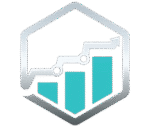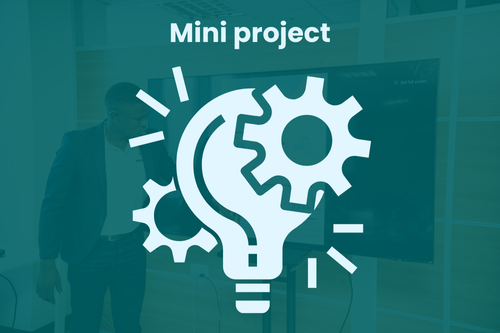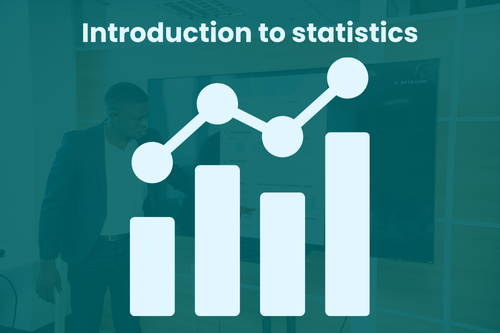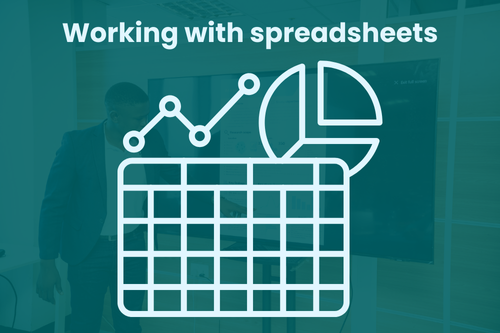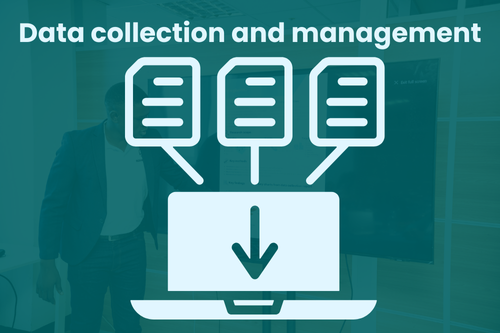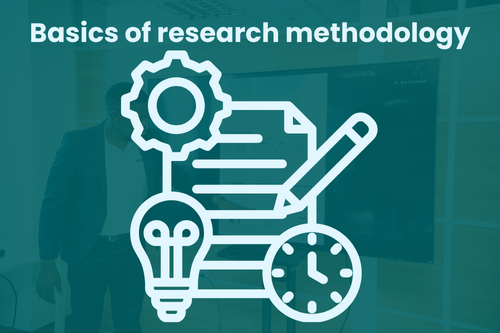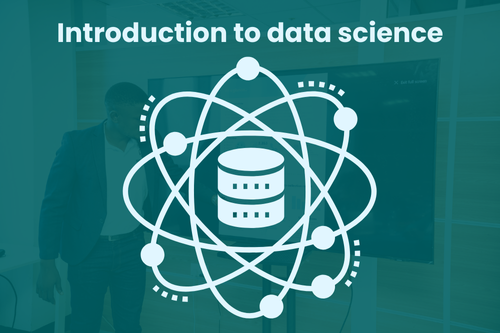Mini project-Block 1
The mini-project for Block 1 requires participants to apply all the skills learned to a small, end-to-end project. In teams, learners will collect or use an existing dataset, clean and analyze it, compute descriptive statistics, create visualizations, and present their findings. Presentations will be evaluated on clarity, accuracy, and the ability to communicate insights to […]
Mini project-Block 1 Read More »
